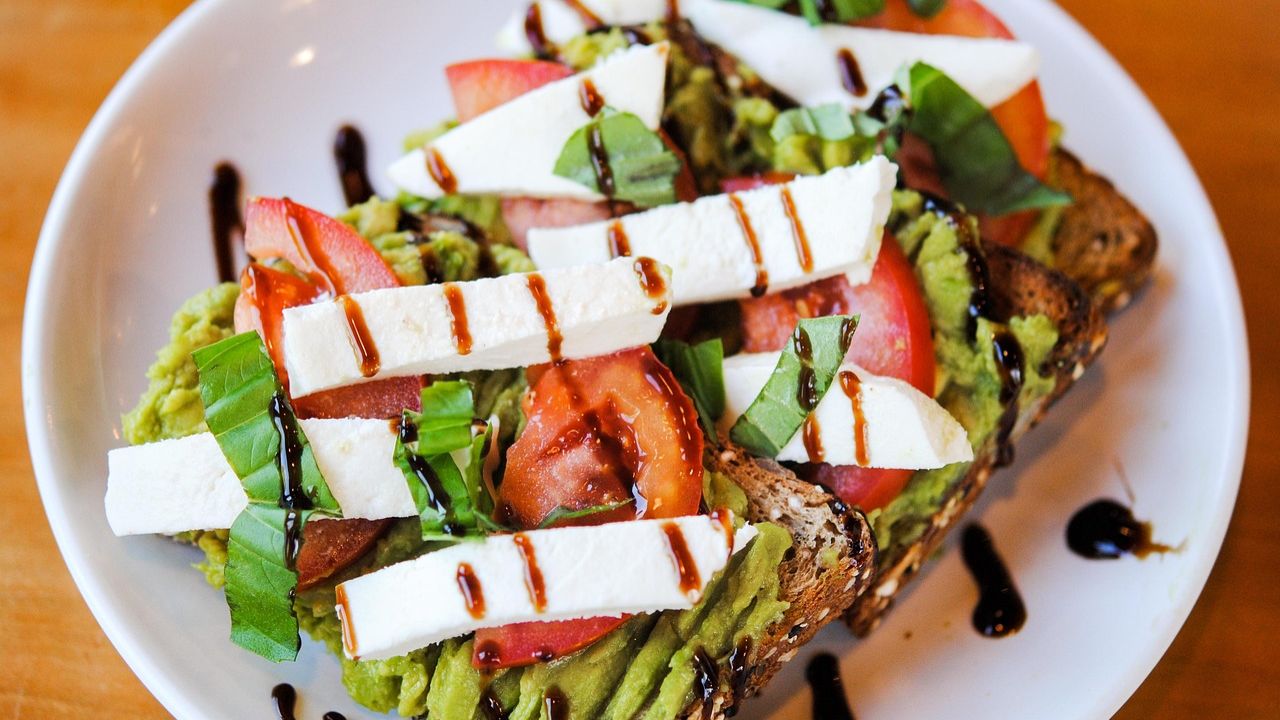Why Arby’s Loyal Fanbase Keeps Growing Stronger

In a fast-food industry dominated by burger giants and chicken sandwich battles, one chain has built an unexpectedly fierce following. Arby’s, known for its slow-roasted meats and iconic curly fries, has quietly cultivated one of the most loyal customer bases in America. While other brands chase fleeting viral trends, Arby’s has turned consistency, creativity, and community engagement into lasting strength. Here’s how the roast-beef specialist keeps fans coming back for more.
A Brand Built on Being Different
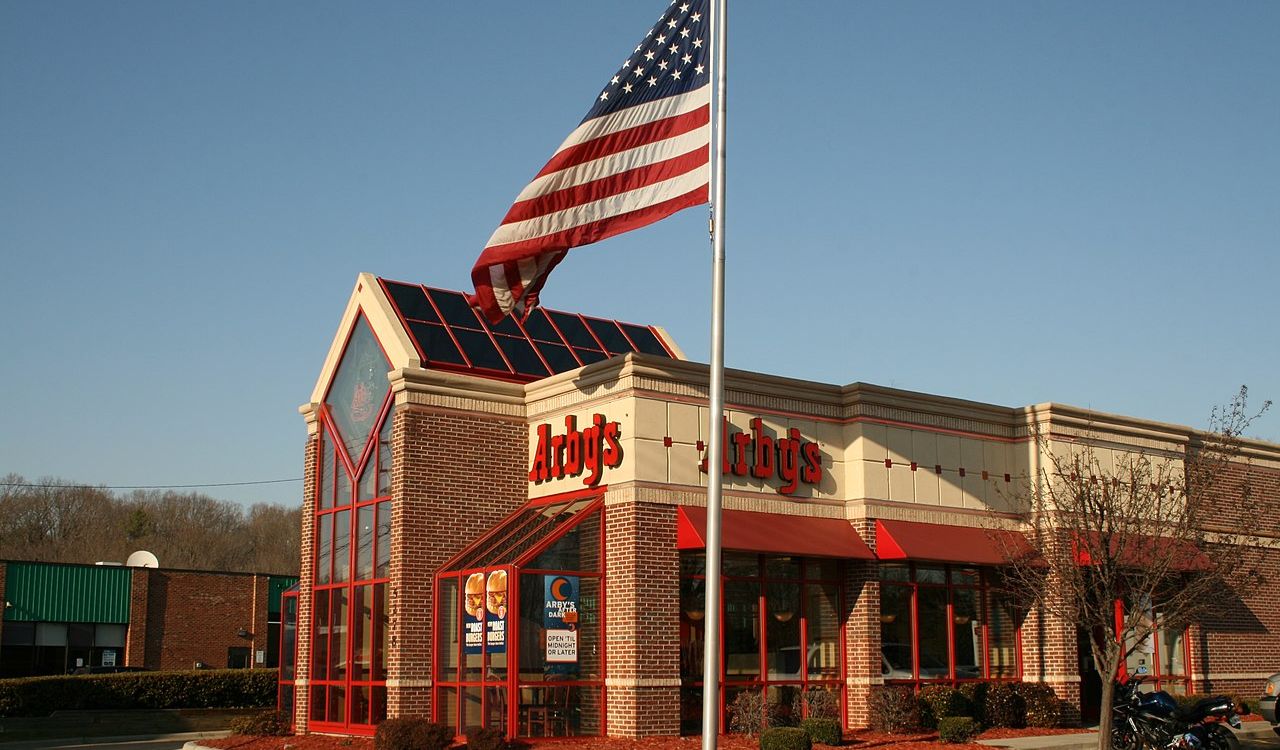
From its founding in 1964 in Boardman, Ohio, Arby’s positioned itself as a clear alternative to burger chains. Its focus on roast beef sandwiches gave customers something distinct from the standard fast-food fare. That difference became its greatest advantage.
The company’s tagline, “We Have the Meats,” became more than marketing. It symbolized variety and indulgence, offering brisket, corned beef, smoked turkey, and limited-time items that showcased creativity. This identity separated Arby’s from its competitors, helping it retain relevance even as the fast-food market grew crowded.
By the mid-2010s, that differentiation began to pay off in measurable ways. A performance analysis published by RizePoint found that by 2016, Arby’s had achieved 25 consecutive quarters of same-store sales growth in the United States. The report noted that this growth defied broader industry slowdowns, highlighting the power of clear brand positioning.
Arby’s did not try to out-burger the burger chains. Instead, it built a category of its own, centered around indulgence, quality, and a little humor. That authenticity set the stage for long-term loyalty.
The Culture of Engagement
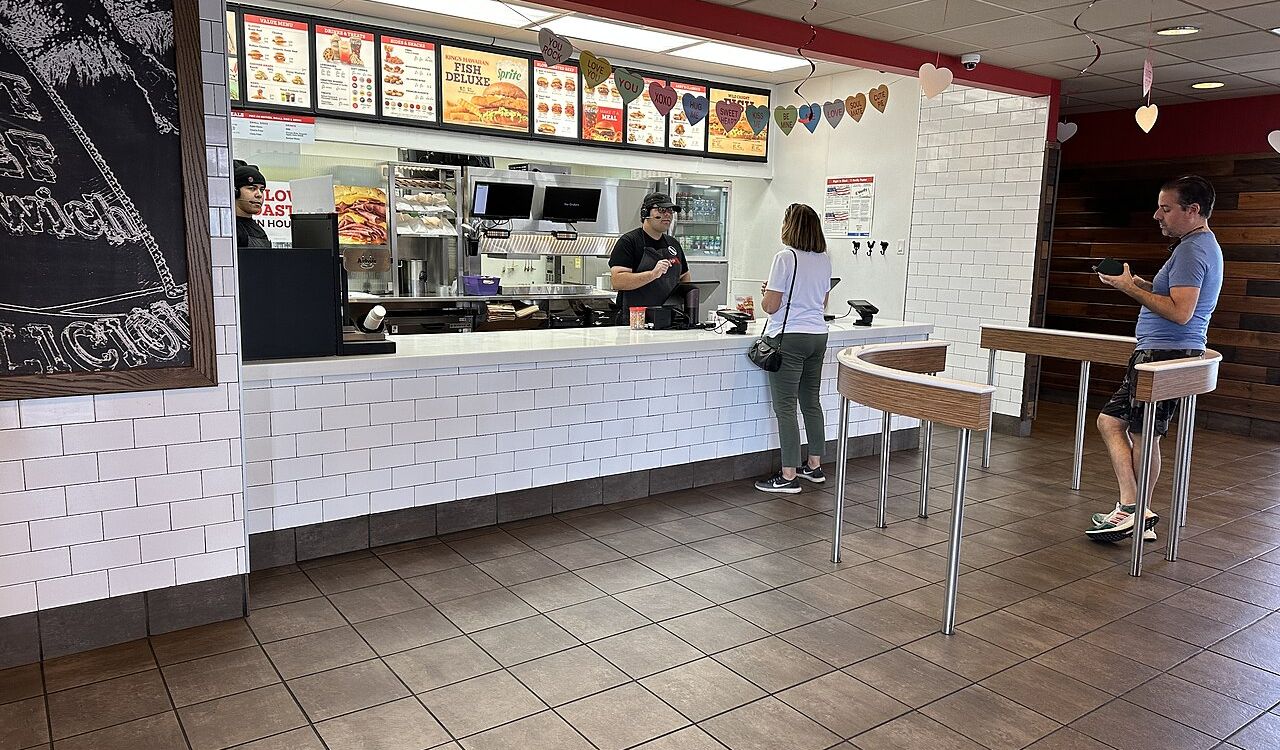
Arby’s does not just sell food; it sells a feeling of belonging. Over time, the chain built an online culture that mirrors the passion of its customers.
A 2019 Shorty Awards case study documented how Arby’s marketing team leaned into internet and fan culture. The campaign, called “Strongest Brand Love,” reported 18.5 percent year-over-year growth on Instagram followers and a 27 percent increase in mentions tied to branded hashtags. Engagement rates on paid social posts were up to 2.3 times higher than prior campaigns.
Instead of chasing every social trend, Arby’s leaned into fan communities that already loved them. Playful nods to gaming, anime, and pop culture helped the brand connect with younger consumers. By acknowledging fan interests, Arby’s created something rare in fast food: a genuine sense of community.
A YouGov survey further reflected this connection. As of 2024, Arby’s enjoyed 95 percent brand awareness in the United States, and more than half of respondents viewed the brand positively. That balance of high awareness and high favorability suggests deep brand trust.
Fans often describe Arby’s as “underrated” or “for insiders,” which adds to its appeal. The brand’s combination of humor, authenticity, and quality messaging makes customers feel part of an inside joke. In the attention economy, that feeling translates into loyalty.
Consistency Behind the Counter
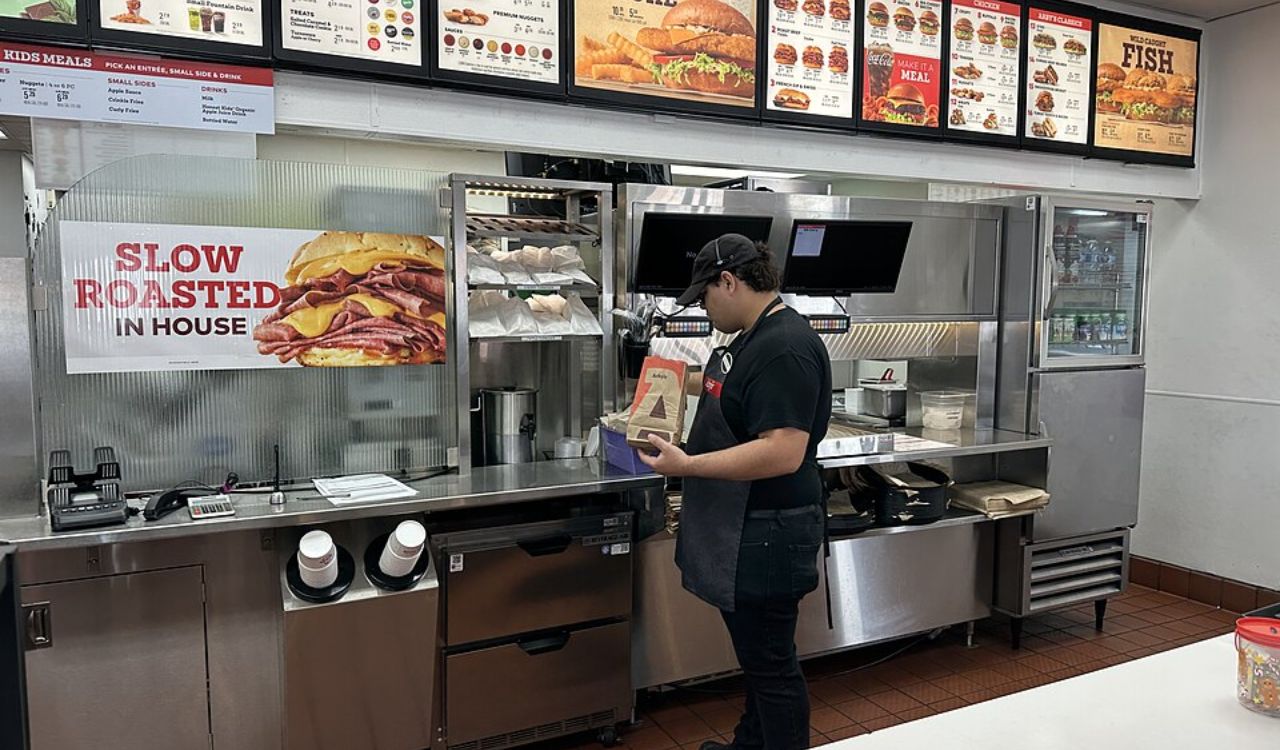
No amount of marketing can sustain loyalty if the food or service disappoints. Arby’s success has also come from operational discipline and focus on guest experience.
Data from InMoment’s “Impact Story: Arby’s” shows that after implementing a feedback-driven quality improvement system, the company saw guest satisfaction rise by 34 percent and product quality scores improve by 22 percent within eight months. These results reflect more than good PR. They show an organization willing to act on customer input.
Today, Arby’s operates more than 3,400 restaurants globally, supported by parent company Inspire Brands. Consistency across that scale is not easy, yet it remains one of the reasons fans stay loyal. Customers know what to expect when they walk into any Arby’s location, whether in Ohio, Florida, or abroad.
Reliability has become a hallmark of the Arby’s experience. Whether it is the same curly fries crispness or the familiar taste of its classic roast beef sandwich, predictability creates comfort. In an industry where many chains constantly reinvent themselves, Arby’s steady reliability stands out.
Who Makes Up the Arby’s Fanbase
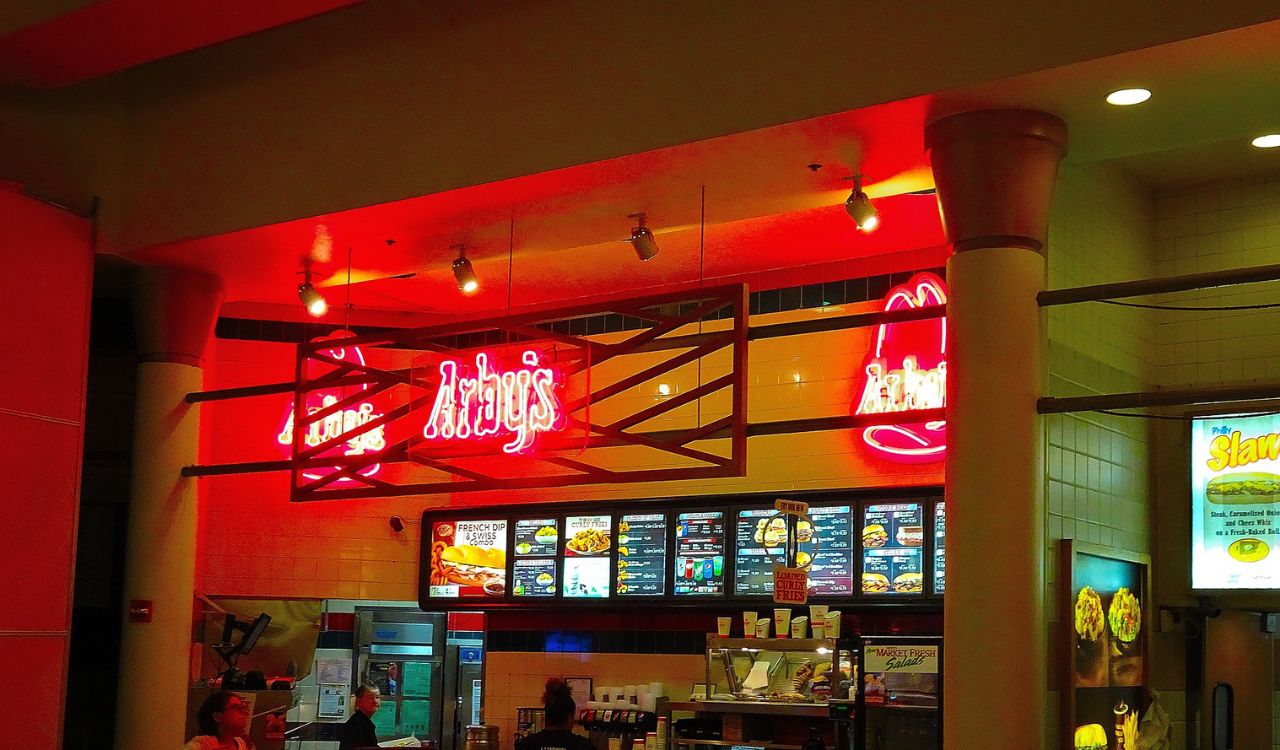
Arby’s appeal cuts across generations, but it shows particular strength in some surprising demographics.
A 2025 analysis by The Measure found that among adults aged 65 and older, Arby’s awareness reached 81 percent compared with 63 percent among the general population. Older consumers often cite nostalgia and consistent product quality as reasons for their loyalty.
However, Arby’s also attracts younger fans, thanks to digital outreach and themed campaigns. The brand’s social media presence, especially its collaborations tied to pop culture, keeps it relevant to Millennials and Gen Z. For example, playful anime-inspired posts or gaming tie-ins bring new audiences into the fold without alienating long-time customers.
By appealing to both ends of the age spectrum, Arby’s achieves something rare. It bridges generations, making itself both nostalgic and current at the same time. The ability to stay relevant without losing its heritage is a key reason its fanbase continues to grow.
A Recipe for Sustained Loyalty
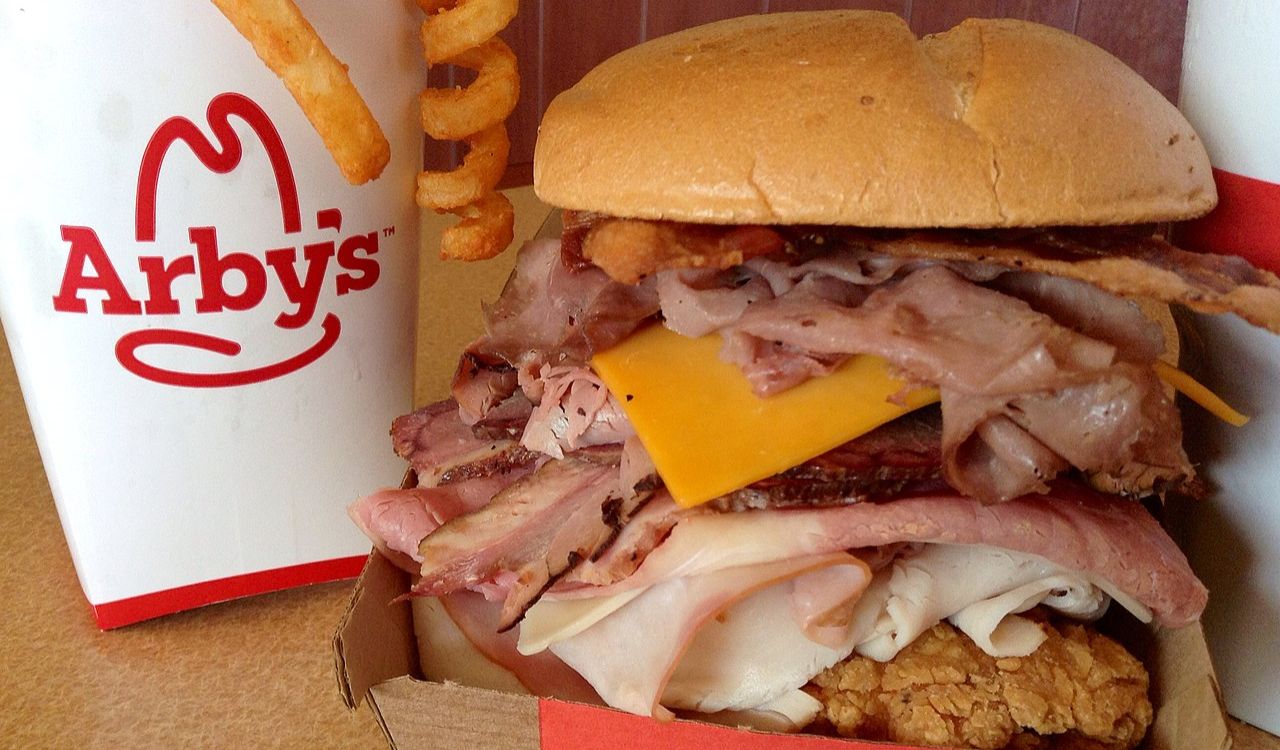
Loyalty is rarely an accident. It is built over time through repeated positive experiences, trust, and shared identity. Arby’s success in cultivating that loyalty can be traced to several consistent factors.
1. Clarity of Mission
Arby’s never strayed from its meaty foundation. Customers know exactly what the brand stands for, which creates trust.
2. Menu Innovation Without Dilution
Seasonal sandwiches like Smokehouse Brisket or limited-edition Wagyu burgers generate excitement while keeping true to the brand’s theme of premium meats. Innovation within a clear framework keeps long-term customers engaged.
3. Authentic Community Engagement
By interacting directly with fans online and celebrating pop culture, Arby’s builds emotional connections. People do not just buy from Arby’s. They talk about it, share it, and meme it.
4. Operational Reliability
Quality and consistency at the restaurant level ensure that loyalty is not broken by bad experiences. The improvements seen in guest satisfaction scores prove this commitment.
5. Emotional Resonance
Arby’s blends humor, nostalgia, and taste to create an emotional hook. Whether through its deep voiceover commercials or quirky marketing moments, it makes customers smile before they even order.
Each of these pillars reinforces the others. The more consistent Arby’s becomes, the more fans trust it. The more fans trust it, the more they advocate for it.
The Road Ahead
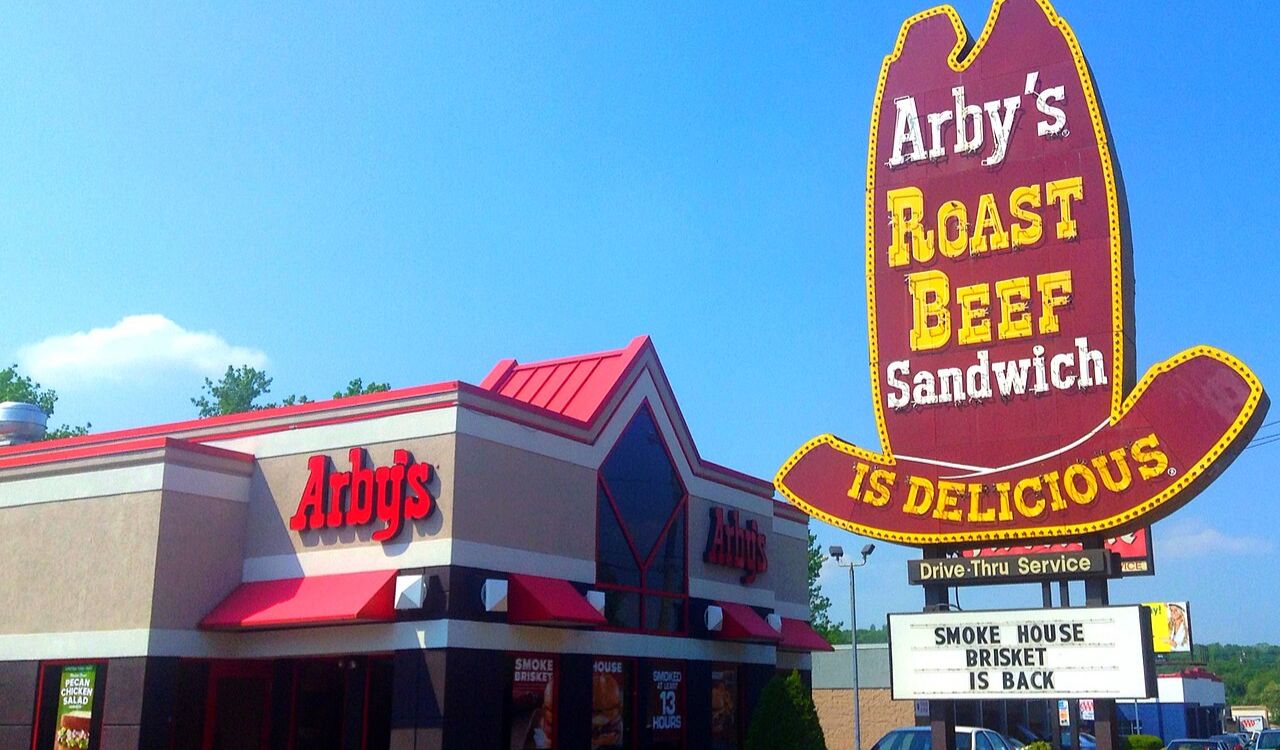
Arby’s faces a competitive future as fast-food brands increasingly compete for consumer attention and wallet share. But it enters this phase from a position of strength. The company’s solid reputation, strong multi-generational base, and commitment to quality provide a foundation for continued success.
Future growth will likely come from expanding menu diversity and digital engagement. Mobile ordering, delivery platforms, and loyalty programs offer new touchpoints to reinforce the brand’s connection with customers.
At the same time, Arby’s must guard what made it special in the first place: differentiation. While other chains chase plant-based trends or minimalist branding, Arby’s will likely keep leaning into its rich, indulgent image. The strategy works precisely because it is authentic.
As long as Arby’s continues to blend quality food, creative marketing, and operational discipline, its loyal fanbase will not just remain. It will grow stronger.
References
- How Arby’s Turned Stalled Sales into Brand Magic- RizePoint.com
- Strongest Brand Love- ShortyAwards.com
- Arby’s- YouGov.com
- Impact Story: Arby’s- InMoment.com
- QSR Insights: Arby’s Really Resonates With Seniors- TheMeasure.net



